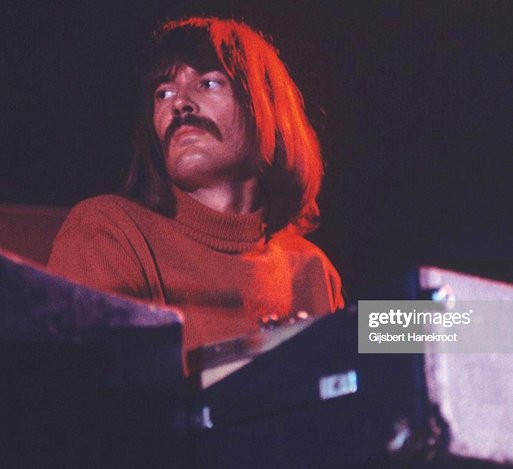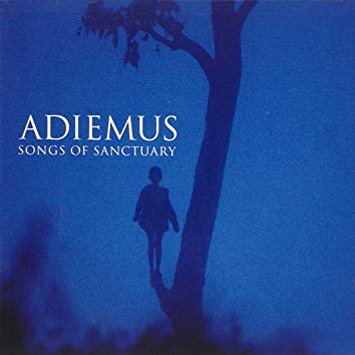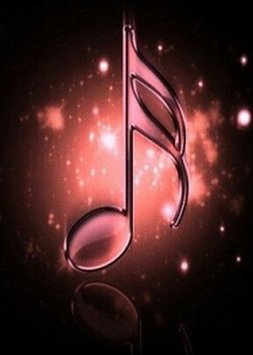Virtually Part 3
Soft Machine: Elton Dean (alto sax, saxello), Mark Charig (cornet), Jimmy Hastings (bass clarinet), Mike Ratledge (Hohner Pianet) and Hugh Hopper (electric bass). From the album Fourth (1971).
Born in the important town of Maidstone, as a child Ratledge studied classical music and learned to play the piano. In 1961 he met guitarist Daevid Allen, who introduced him to jazz, particularly Cecil Taylor’s avant-garde, although he also listened to Thelonious Monk, Miles Davis and John Coltrane. He received a scholarship to study at the University College in Oxford, occasionally playing free jazz as a guest of the Daevid Allen Trio, which also included Hugh Hopper and Robert Wyatt, and in 1964 he graduated in philosophy and psychology. In 1965 he went to London and in 1966 formed Soft Machine in Canterbury with Daevid Allen (guitar), Kevin Ayers (voice and electric bass) and Robert Wyatt (voice and drums). From the beginning the group suffered countless changes in its line-up and in 1973 Ratledge was the only original member left.
Mike Ratledge
From then on he started to get tired of the music they played as Karl Jenkins (saxophonist, keyboard player and composer) was orienting it towards jazz-rock. Finally, Jenkins took over the role of keyboardist and Ratledge had to leave. In 1973 he participated with Karl Jenkins in a concert with Mike Oldfield playing Tubular Bells for the BBC, which appeared on the 1993 DVD Elements - The Best of Mike Oldfield. He later composed the soundtracks for the films Riddles of the Sphinx (1977), Cristal Gazing (1982) and The Bad Sister (1983) directed by Laura Mulvey and Peter Wollen. He also wrote music for advertising and theater, and in 1995 published with Karl Jenkins and singer Miriam Stockley Songs of Sanctuary, the first in a series of new age albums called Adiemus composed by Jenkins. Each album contains pieces with harmonized vocal melody accompanied by an orchestra. In the mid-2000s, Ratledge abandoned music.
Adiemus: Songs of Sanctuary cover
The composition begins with strange sounds produced by wind instruments, especially Dean with the alto sax, while Ratledge plays an ostinato with the Hohnet Pianet. Then the latter stops playing, but the others are introduced in a free psychedelic environment until Hopper takes control of the situation playing fuzz bass. The fact that there is no drums in the track makes it float in the space driven by ethereal music with Ratledge providing wah-wah effects while Dean sounds below Hopper and the end is dominated by the keyboard.





Soft Machine are truly sublime... although I do think they lost something after Third, which I personally feel is their best. But Fourth was my next favourite.
Kevin Ayers solo stuff is out-standing, and totally out there! Very different to Soft Machine.
Jenkins' Adiemus stuff is interesting, particularly the 3rd album.
These guys are all amazing. I love it!!! Thanks for reminding me.....
Your post has been supported and upvoted from the Classical Music community on Steemit as it appears to be of interest to our community. We also support jazz and folk music posts!
If you enjoy our support of the #classical-music community, please consider a small upvote to help grow the support account!
You can find details about us below.
The classical music community at #classical-music and Discord. Follow our community accounts @classical-music and @classical-radio or follow our curation trail (classical-radio) at SteemAuto!
Delegation links: 10SP, 25SP, 50SP, 75SP, 100SP, 150SP, 200SP, 250SP, 500SP, 1000SP